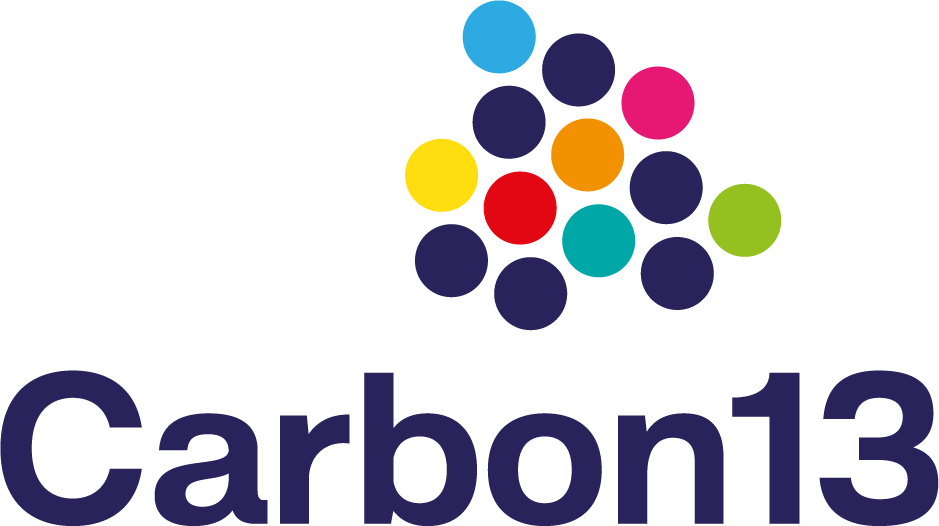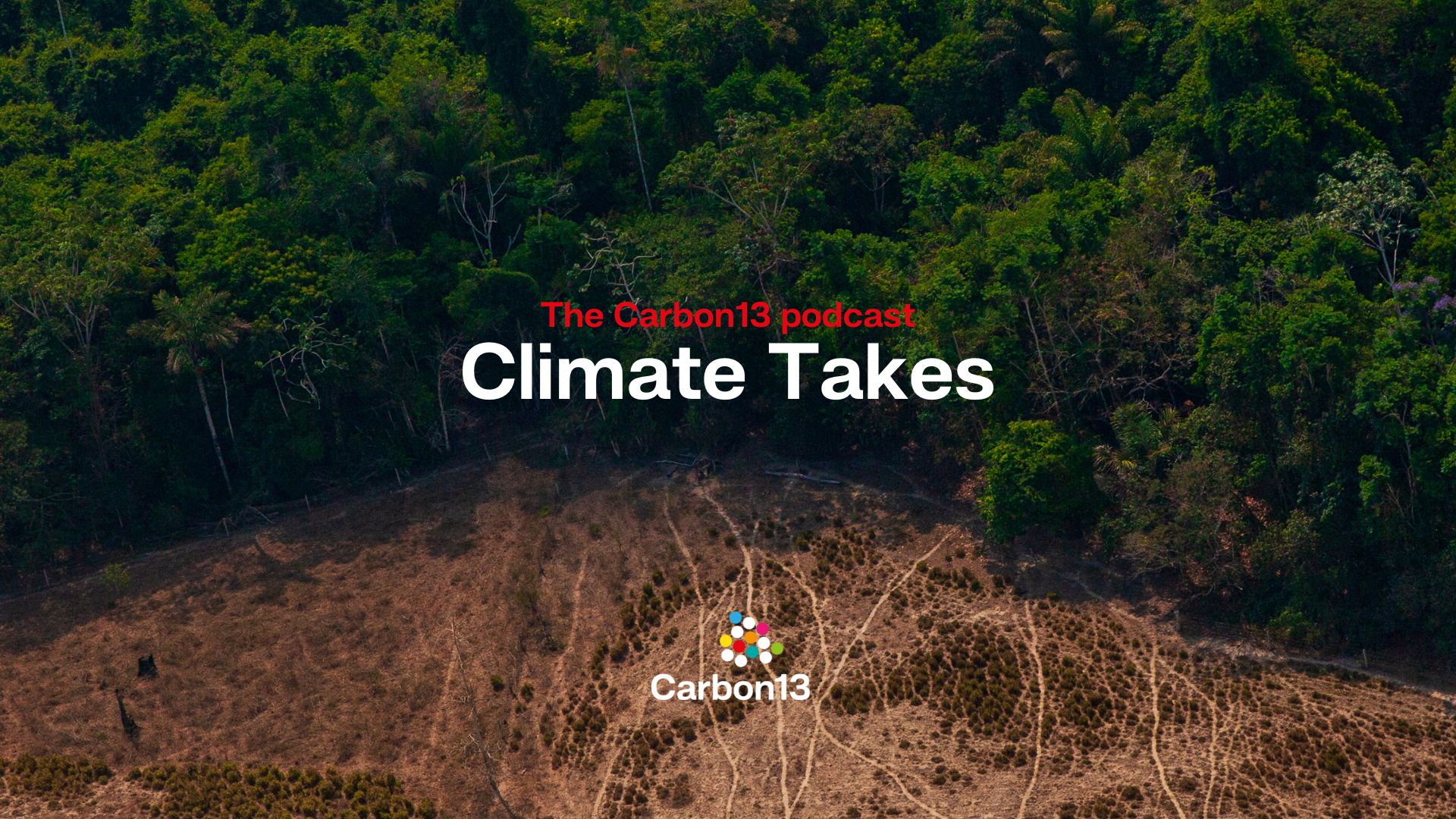Welcome to Carbon13’s podcast “Climate Takes” where we ask special guests for their “takes” on their industry and climate challenge, as well as setting a call to action, asking what will it take to solve the climate emergency?
In this episode we welcome Eliot Brooks, CEO and Co-Founder of Cocoon Carbon, the concrete decarbonisation company that went from a standing start to $5million raise in 18 months.
About the episode
Eliot was already an award winning entrepreneur and Forbes 30 Under 30 when he joined Carbon13’s Venture Builder in 2023: he’d co-founded Thriva, the UK based remote diagnostics start-up that’s processed over 4 million tests since 2016.
Together with his new cofounders Freddie Scott and Dr Will Knapp, they founded Cocoon, with the aim of decarbonizing the steel and concrete industries in sync.
In just 18 months, they’ve scaled their technology to TRL6, raised $5.4m in pre-seed funding, and grown the team to 12 people.
In Climate Takes Concrete, Eliot takes us through his journey as a second time founder in a new industry, how the Net Zero paths of steel and concrete diverge, and how Cocoon is driving change in a price-conscious industry through a commercial argument.
This episode is hosted by Sara Jones, Head of Marketing at Carbon13.

"We want to be one of the fastest scaling climatetech hardware companies out there. It's a case of putting a Cocoon unit in every steel mill around the world."
Elliot Brook, Co-Founder and CEO at Cocoon Carbon
Why does concrete matter?
Concrete is the second most used man-made materials after water. You’re probably sat within five feet of concrete right now.
It’s cheap, easy to mass produce, and has unique properties which make it ideal for mass construction.
But it’s one of the single biggest contributors to carbon emissions. If it were a country, it would be the 3rd or 4th biggest emitter in the world, at 8% of emissions. Part of this is from the energy required for the cement kiln, but 50% of the emissions are from the core chemical process to create cement. Quite simply, limestone is rock solid carbon. The technical name is calcium carbonate and when it’s turned into Portland Cement, it’s heated and broken down into calcium oxide (lime) and pure carbon dioxide – which goes straight into the open air.
Yet, half of all buildings that will be standing in 2040 are being built right now. We need to rethink our construction materials in this decade, to decarbonise the next.
So in order to have a hope of hitting Net Zero targets, humanity has to figure out how to decarbonise one of the cheapest, most useful and most emitting products in our economy.
Who’s this episode for?
Whether you’re completely new to “climatetech” or a seasoned founder/investor/innovator, this podcast’s for you.



